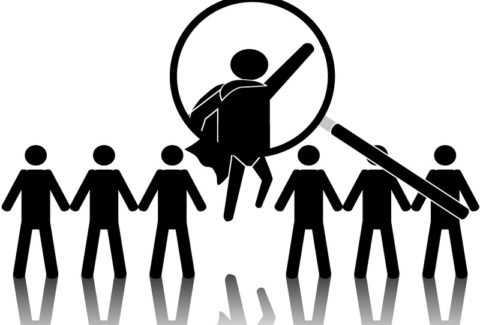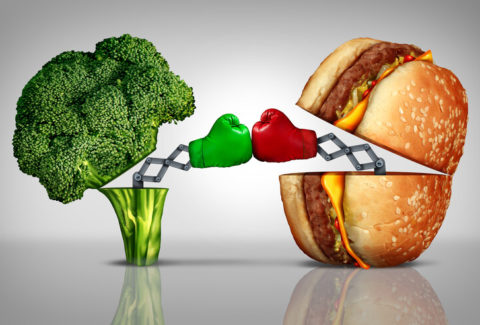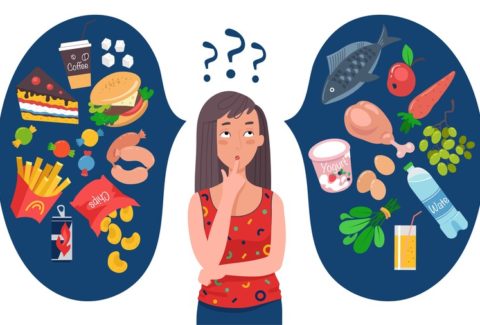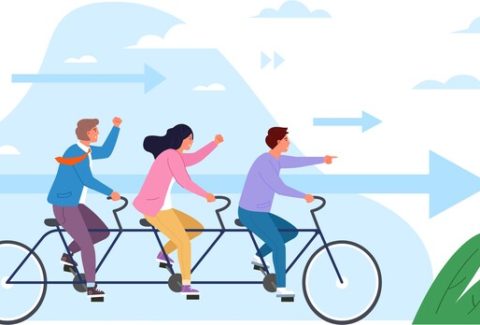Are You Empowered?
We say the word, we hear the word, we use the word, but do we really know what the word means?
The word, “Empower” is a compound one: “Em” means “In,” while “Power” means “Ability” or “Strength.” To be empowered therefore means to be in Power, to be in Strength, to be in Ability.
Are you empowered?
It is easy to understand that “Empowered,” means “In Power, but what does “Power,” really mean? What does it take to be in that “Power?” And, how do we know we are in it? Until we can fully and clearly answer the above three questions, we will be unable to answer the question of whether we are empowered or not. Yet, asking, “Are we empowered?” is not only a question worth asking but also one worth answering, answering well, and accurately.
Are you ready?
Here it is:
Power is totally different from force. Power is a level of awareness, a state of consciousness, one that is different from a state of suffering. When we are at the state of consciousness, known as Suffering, we experience life predominantly through the lens of Shame, Guilt, and Apathy. At the state of Suffering, we also experience life through the lens of Grief, Fear, Unconscious Desire, Anger, and False Pride. This is characterized by measuring ourselves by what we have, what we do, and how much we are admired by others. Needless to say, these eight lenses of experiencing life, all of which are characteristics of a state of Suffering, contain in them, no power, whatsoever. At most, they are “Force.” Our anger sometimes gets people to do things for us, but not for long, not without resentment, and not without retaliation. This means, sooner than later, our anger will stop being as effective. It is not power.
What is power then? When is it power? How do we know we are “In Power,” or rather, “Empowered”?
We switch to “Power,” when and only when we rise above those eight characteristics of the state of Suffering. We know we are “In Power or Empowered,” when we are able to explore, when we look at accomplishment as part of the process of life, as part of the purpose of life, as part of being alive, as opposed to it being part of proving something to ourselves or to the world.
We know we are empowered when we show courage, bravery and not bravado; determination and not false pride; and excitement as opposed to frustration. In other words, we welcome life, we find it challenging and stimulating. We see each life situation as an opportunity for growth instead of a nuisance or an obstacle.
We have not provided the full answers to all three questions that will help us determine whether we are empowered or not. However, as you can see, the above description is good enough to give us a sense of where we are. Would you agree? If so, here are a few questions for you to ponder upon, that may help you in this fascinating part of your life as a clinician, as a professional, as an individual, as a human being:
-
Overall, would you like to be empowered? And if so, why?
-
Where do you think you are on the scale of empowerment? (Choose a number from 1 to 10, if you like, 10 being at the top);
-
Where would you like to be?
-
Do you think our patients and clients deserve to be empowered? If so, why? And, how would you go about helping them around this?
-
Can we help our patients and clients be empowered without us being so? If so, how would that work exactly?
We, at the SWEET Institute, have observed that the hands in our field have not been working for our patients or clients, for us, clinicians, for our agencies, and for society at large. We understood that to change a system we do not resist it or fight it, rather, we create a new one that will make the old one irrelevant. This is what we are doing at the SWEET Institute. This is why we have been working on bridging the gap between the latest in Science and translational research. This is why we have five certificate courses for you to choose from, and a membership that allows you to have access to our resources.
Now,
-
How much have you been making use of SWEET resources and how much have you been implementing them?
-
Are you a SWEET member? If not, what exactly are you waiting for?
-
How else could SWEET be the most helpful to you in process of being empowered, of being “In Power”?
Thank you for reading. Thank you for answering. Thank you for being you. And, we look forward to us continuing to make a difference in our field and yes, in our world, together.
Karen and Mardoche









